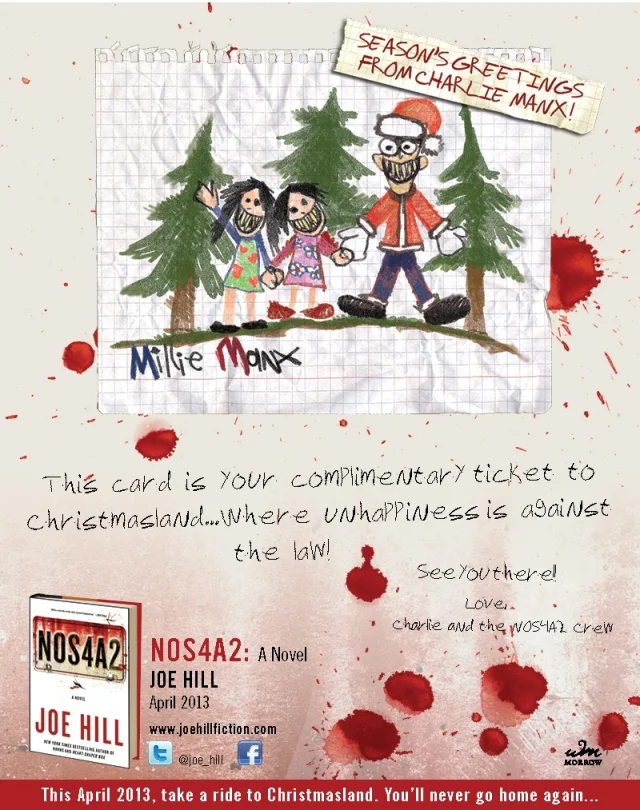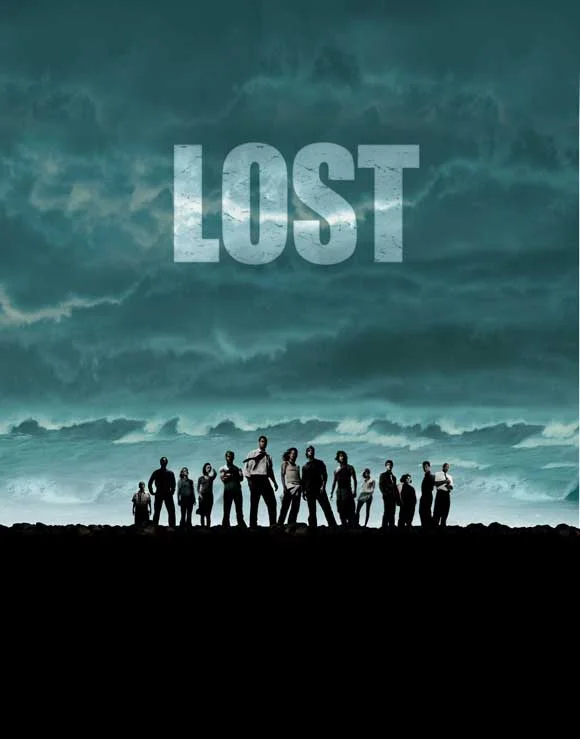10. Do something!!
Tom Provost
Few things are more frustrating than passive main characters. Yet in screenplay after screenplay I read stories with characters who sit around and do nothing.
Nothing kills a story like inaction. Great writers know it. Great storytellers of all kinds know it. During my starving actor/waiting tables days, I took a bunch of classes at The Groundlings, Los Angeles’ equivalent of Second City, a marvelous improv/comedy troupe that has launched many a career. You might think Improv is just funny people ‘winging it’ on stage but there is great discipline to the art. The actors follow many rules on stage, rules such as the ones we are discussing, rules that enable them to tell funny stories. Perhaps the main rule of improvisation at The Groundings is that you can never say “No” on stage. It doesn’t matter what your partner says in the scene, you may think it’s the dumbest, most unplayable action imaginable but still you never say no. Because if you say no, it kills the forward motion of the scene. Everyone is stuck standing around doing nothing, which no one in the audience wants to watch. (Keep the audience in mind!)
The same is true of your characters and stories. Like some of these other rules, Do Something! seems obvious but when giving notes to writers on their screenplays, often very good writers, when I point out characters doing nothing and/or saying ‘No’ many a writer has defended to the death the inaction of their characters. But they are confusinginaction with conflict. These Are Not The Same. Conflict makes for great drama, great stories. Inaction makes for boring nothingness. Ultimately, you can do what you want, its your story. But inaction makes for extremely inert viewing.
There is, of course, a reason we have our characters say no. Characters saying yes causes us problems as writers. It forces us to be creative, it makes us work hard. We have to solve problems. This is similar to why we avoid being hard on our characters (see Rule #3.)Characters who sit around doing nothing are a lot easier to write about and deal with than active, passionate characters who get into messes we as the writer then have to fix. To tell interesting stories, though, you must create one hell of a mess with active characters who do something.
I’ve written about Aliens before. I’ll write about Aliens again. It’s a great movie. With Ripley (Sigourney Weaver) in the sequel, James Cameron created one of the great screen characters of all time. Ripley is remarkably human and scared, she’s very real and relatable. Yet even in her frailest, most terrified moments, she kicks incredible ass because she acts.
“But, Tom! Near the beginning, when they ask her to go to the terraforming planet to see what happened to the colonists, she says ‘No!’”
True. But she says “Ok, Yes, I’ll go” pretty damn fast. Like, you know, in the next scene. So the movie can, like, you know, happen. Cameron did not waste any time getting Ripley to say Yes. She then remains in action for the rest of the movie, driving the story forward.
Are there stories where a character can say ‘No’ for a long time? Sure. Some people call this ‘Refusing the call.” But these stories can be tricky to pull off. Importantly, in these stories, the main character is still active, still doing something, not just sitting around, usually yammering.
You can’t imagine the screenplays I read where nothing happens, forever. Or maybe you can. We’ve all written them, myself included.
One of my favorites to cite is Hook. Look, if you read even half a page of my writing, or watch the montage I cut for my class, you know that Steven Spielberg is the filmmaker who has influenced me the most. I love the guy, love his movies. I use clip after clip from his films in my classes. One of the few movies of his I don’t like is Hook because the main character, Peter, does nothing through most of the movie. Well, he does one thing: He repeatedly says No: No, I’m not Peter Pan; No, I don’t remember what you are talking about; No, I don’t want to do anything; No, No, No. It’s a frustrating, enervating experience. Do Something!
Surprisingly, sci-fi movies make this mistake. The best sci-fi movies are built around discovery, a sense of wonder and action. One of the best examples is oen of Spielberg’s best, Close Encounters. Wow, what a great film where the main characters ACT. Unfortunately we often see the opposite, once again writers confusing inaction with conflict. In Stargate, Daniel Jackson (James Spader) travels across time and space to a brave new world. Rather than be excited about finding this new world and wanting to go explore it, as soon as he crosses over he instead repeatedly says No. Oh, and he bitches about not having sun block. Seriously?? I’m supposed to want to follow this guy around for 2 hours? In a word, No.
In Prometheus (don’t get me started) everyone travels for two years or some such in hyper sleep to find a new life form, yet when the new life form appears, what everyone supposedly wants and has traveled a long way to find, everyone suddenly runs from it or is uninterested. The captain, for instance, goes off to get laid. I mean, I know it’s Charlize Theron but still… When the captain sees the possibility/proof of an alien life form down on the planet, you’d think he would Do Something rather than slink off to have sex.
Banging… head… against… wall.
Last night I finished the just published novel NOS4A2 by Joe Hill. It’s his third brilliant novel in a row, the loser. (I’ll be doing a blog on Hill soon at onfoodandfilm.com.) He’s an amazing writer. In a recent interview, Hill made a terrific comment about action:
“Really dynamic characters want things, and aggressively go after them. They’re willing to take really aggressive action to get what they want, or protect what they want and what they care about. So if you have a really strong lead character, that character will generate plot, seriously. A great, active character is as good as a V-8 engine under the hood. It can’t wait to rev up and go.”
Amen! Here’s another great example:
I remain a fanatic for the TV show Lost. While in many ways an ensemble piece with lots wonderful lead characters, ultimately the main character of Lost is Jack (Matthew Fox), he’s the heart and soul of the show. I wanted to punch Jack in the face as often as I wanted to hug him but one thing you could count on with Jack is that he took action. More times than not his action caused disasters on the show, but god bless him, he did something. How much more fun is that for drama and storytelling than sitting around doing nothing?
As you review your recent draft, be on the lookout for 1) anyone saying no 2) characters sitting around passively 3) anyone who does nothing or rejects out of hand a suggestion. 90% of the time, this is a dreadful mistake. I probably will have more disagreement with this rule than any other, because there are stories occasionally where characters say no or reject the call and the stories work. But I guarantee you, in those stories, when main characters reject the call, they still do something. They act. (I don’t want to hear about Hamlet. You are not Shakespeare. The Dane Prince also acts quite often in the play. He might not do what he is thinking of doing, but he creates a lot of forward motion.)
Write about characters who act, even if their action causes terrible problems. Kick your characters in the butt, drag them up off the couch and get them to do something.


